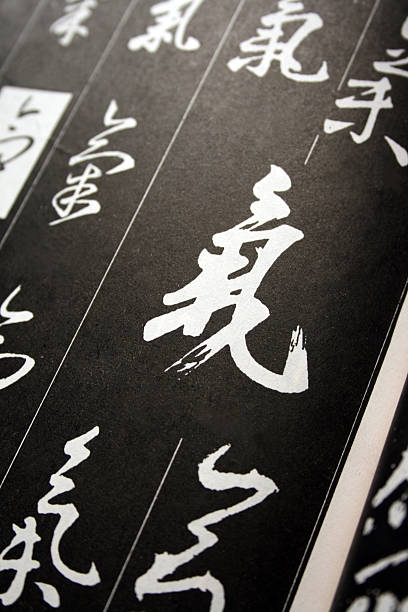In Traditional Chinese Medicine (TCM), Qi (pronounced “chee”) is a fundamental concept that refers to the vital energy or life force that flows through the body. It is considered the foundation of health and well-being. Qi is an invisible force that animates and sustains all living things. It is the energy that circulates through the body’s meridians or energy pathways, nourishing and supporting the organs, tissues, and cells.
Here are some key points to understand Qi in TCM:
- Types of Qi: TCM recognizes different types of Qi, each with its own functions and locations in the body. Some examples include: Yuan Qi: Also known as “Original Qi,” it is inherited from our parents and determines our constitution and vitality.
Gu Qi: Derived from the food we eat, it is transformed into Qi by the digestive system and provides energy for daily activities.
Wei Qi: Known as “Defensive Qi,” it circulates on the surface of the body, protecting it from external pathogens. - Balance and Flow: In TCM, good health is believed to depend on the smooth and balanced flow of Qi throughout the body. When Qi becomes stagnant, deficient, or excessive, it can lead to various health issues.
- Balance and Flow: In TCM, good health is believed to depend on the smooth and balanced flow of Qi throughout the body. When Qi becomes stagnant, deficient, or excessive, it can lead to various health issues.
- Meridians: Qi flows through a network of meridians or channels that connect the organs and tissues. Each meridian is associated with specific functions and emotions. Acupuncture and acupressure are techniques used to stimulate and regulate the flow of Qi along these meridians.
- Disharmony and Disease: TCM views illness as a result of imbalances or disruptions in the flow of Qi. These imbalances can be caused by factors such as emotional stress, poor diet, environmental influences, or physical trauma. The goal of TCM treatment is to restore the balance and flow of Qi to promote healing.

Credit: iStock by GettyImage - Cultivating Qi: TCM emphasizes the importance of cultivating and preserving Qi to maintain good health. Practices such as acupuncture, herbal medicine, qigong, tai chi, and proper nutrition are used to support the body’s Qi.
- Qi and Emotions: In TCM, emotions are closely linked to Qi. Each organ is associated with a specific emotion, and imbalances in Qi can lead to emotional disturbances. For example, excessive anger can affect the liver Qi, while excessive worry can affect the spleen Qi. TCM practitioners consider emotional well-being as an integral part of overall health.
- Qi Deficiency and Excess: Qi imbalances can manifest as either deficiency or excess. Qi deficiency occurs when there is not enough Qi to support the body’s functions, leading to symptoms like fatigue, weak immune system, and poor digestion. Qi excess, on the other hand, occurs when there is an excessive accumulation or stagnation of Qi, resulting in symptoms like pain, inflammation, and restlessness.
- Qi and the Five Elements: TCM also associates Qi with the Five Elements (Wood, Fire, Earth, Metal, and Water). Each element corresponds to specific organs, emotions, and seasons. The harmonious interaction of these elements and their Qi is essential for maintaining health and balance.
- Qi and External Factors: TCM recognizes that external factors can influence the flow and quality of Qi. These factors include climate, environment, lifestyle, and diet. For example, exposure to cold or dampness can obstruct the flow of Qi, leading to symptoms like stiffness and pain.
- Qi and Longevity: TCM views the cultivation and preservation of Qi as essential for longevity and overall well-being. Practices like qigong and tai chi aim to enhance Qi circulation, strengthen the body’s Qi, and promote vitality and longevity.
In summary, Qi is a fundamental concept in TCM that represents the vital energy flowing through the body. Understanding and balancing Qi is crucial for maintaining health and preventing disease. TCM treatments aim to restore the balance and flow of Qi, promoting overall well-being.

